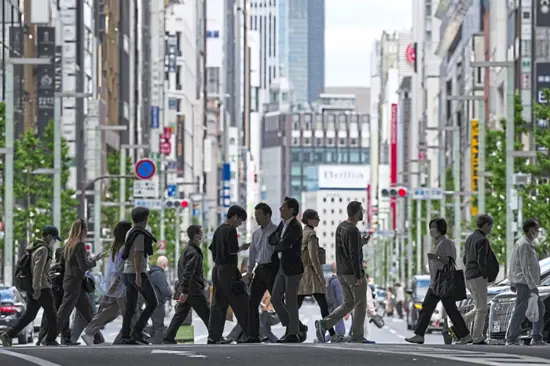Minimum wage, maximum stress
PETALING JAYA: Malaysia may have been ranked as the second worst in the world for work-life balance, but the rating was possibly dragged down by two of the nine metrics used, says an employment legal practitioner.
Chia Swee Yik said the minimum wage (about US$1) and LGBTQ+ inclusivity (score 15) seem to have affected Malaysia’s ranking.
Commenting on the study by a human resource company called Remote, which looked at 60 of the highest gross domestic product (GDP) nations globally, he said Malaysia is quite competitive in six factors used in the study.
“From how I see it, these two (minimum wage and inclusivity) caused our ranking to be such. Compare that with Singapore scoring 50 in terms of LGBTQ+ inclusivity although they do not openly recognise the status of LGBTQ+ (individuals).
“But at least they have a legal regime to prevent discrimination or other human rights laws,” he added.
Nine key factors were evaluated in producing the ranking: the number of statutory annual leave days, minimum statutory sick pay, the number of statutory maternity leave days, the percentage of the wage for statutory maternity leave, minimum wage, healthcare, happiness index, average weekly working hours, and LGBTQ+ inclusivity.
The study used analysed data collected in March 2023.
Chia said the current 45-hour work-week is on par with many developed countries like Singapore’s 44 hours per week and Britain’s 40 hours per week.
He said the competitiveness factors used for Malaysia took into account amendments to the Employment Act (that came into effect on Jan 1, 2023) and applicable to Peninsular Malaysia): increasing maternity leave and separating hospitalisation from non-hospitalisation sick leave, new provisions on flexible working, and the introduction of paternity leave.
Following the release of the Remote report, Human Resources Minister Steven Sim said the government is committed to ensuring Malaysians have a healthy, safe and more humane workplace and working conditions.
He added that the government has been making various improvements towards that goal including ratifying Convention C155 of the International Labour Organisation (ILO) on June 11.
He said the move is also in line with the enforcement of the Occupational Safety and Health (Amendment) Act 2022 from June 1. In the study, Malaysia scored 27.51 out of 100, with an average work-week of 40.8 hours and a minimum wage of US$1.07 (RM5.04) an hour.
Only Nigeria, which has five days of statutory leave, 40.8 hours of work per week, and a minimum wage of US$0.43 (RM2) per hour scored lower than Malaysia.
Malaysian Trades Union Congress (MTUC) president Mohd Effendy Abdul Ghani said the poor ranking may have been caused by long working hours, high work pressure, and lack of time for personal and family activities.
Mohd Effendy suggested a flexible work culture to enable employees to manage their time better while balancing work and having time to restore energy.
He also said there should be well-being support programmes such as counselling, mental health programmes, and leisure activities at work, which can also help employees manage work stress and improve their overall well-being.
“Employees must be encouraged to take appropriate annual leave or rest leave without any stress or workload during their vacation,” he said, adding that they should get assistance to manage the workload efficiently and systematically.













Leave a Reply